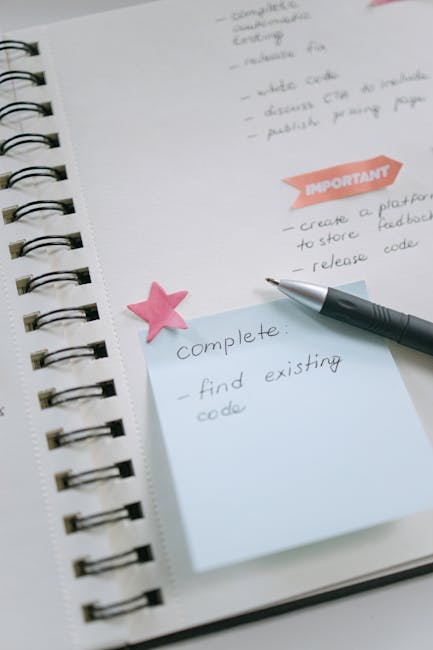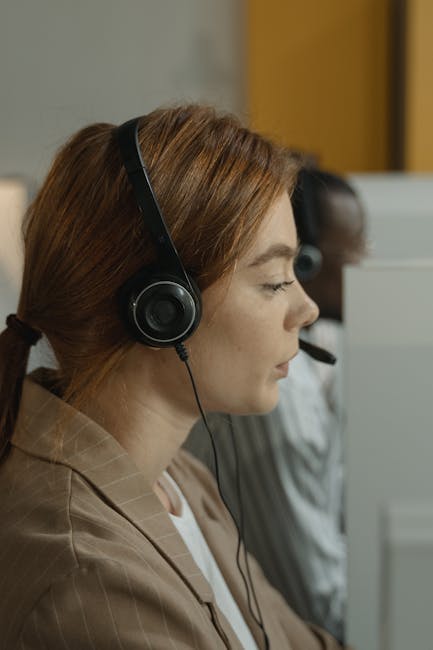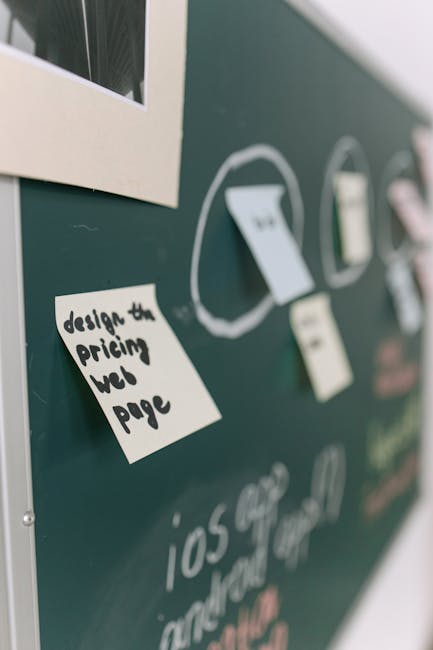Customizing AI-Powered Technical Interviews: A Startup CTO’s Guide to Role-Specific Assessments
For CTOs and technical founders at early stage startups, building a technical interview process that not only identifies true talent, but also fits yo...

Table of content
For CTOs and technical founders at early stage startups, building a technical interview process that not only identifies true talent, but also fits your unique company needs, is a balance of rigor, speed, and customization. Generic hiring platforms can’t deliver the signal you need. Role-specific, AI-powered technical interviews—customized down to the skills, frameworks, and even the culture of your team—are the new frontier for fast-moving startups facing fierce competition for talent. In this guide, we’ll break down exactly how you, as a startup CTO, can architect truly role-specific AI-powered technical assessments and create a hiring engine that scales with confidence.

Why One-Size-Fits-All Technical Interviews Fail Startups
Rapidly growing startups can’t afford to waste time on ill-fitting interviews or poor signal. Here’s why generic tech interviews aren’t just ineffective—they’re actively risky:
- Poor Skill Alignment: Candidates are often assessed on broad, irrelevant algorithms or CS trivia unrelated to their future day-to-day.
- Inconsistent Evaluation: With cofounders and early engineers racing to cover multiple interviews, subjective bias and inconsistency creep in fast.
- Cultural Mismatch: Culture-fit gets buried under disconnected technical grilling, undermining whole-team cohesion.
- Time and Burnout: Manual interview design and evaluation is time-consuming, eating up hundreds of founder hours per role.
Generic platforms only amplify these risks, with complex setup but shallow actual customization.

The Anatomy of Customizable, AI-Powered Technical Interviews
Let’s break down the technical underpinnings—and how they apply directly to your team:
1. Deep Role Understanding, Not Just Title Matching
Effective customization starts at the JD level. For each role, an AI-powered system must:
- Ingest your job description and parse out explicit technical competencies (e.g., React state, Docker orchestration, GraphQL).
- Map these to a dynamic question set relevant to your tech stack and team.
For example, instead of launching every mid-level engineer through a LeetCode gauntlet, your assessment for a senior frontend developer automatically emphasizes current stack, past architectural decisions, and your company’s workflow quirks.
2. Custom Skill Simulations and Live Coding
Role-specific technical interviews go beyond quiz questions:
- Real-case scenarios: Candidates code through challenges reflecting your true domain, APIs, data models, or infrastructure nuances.
- Adaptive Difficulty: The best AI-powered interviewers adjust the challenge based on candidate’s ongoing performance, revealing both ceilings and growth mindset.
Want to go deeper on debugging skills or see how candidates respond to live system failures? Customization allows you to make these requirements central to your pipeline, automatically.

3. Voice-Based, Dialog-Driven Evaluation
Startups thrive on communication, not just code. That’s why the most advanced AI interviewers engage candidates in technical dialogue and collaborative problem-solving:
- Structured but unscripted voice-based interviews test a candidate's reasoning, not just rote knowledge.
- Culture-fit is subtly evaluated: Are they concise? Do they ask clarifying questions? How do they respond to novel situations?
This “real conversation” approach—when customized—reflects your team’s communication style and real engineering rituals. You’ll discover not just who can code, but who can grow as a teammate.
4. Data-Backed, Objective Evaluation at Scale
Customization isn’t just about unique questions, but unique evaluation rigor. With advanced AI-backed reporting, you can:
- Receive skill-specific scores: not just “pass/fail” but granular strengths, weaknesses, and learning agility.
- Benchmark candidates transparently against both your internal bar and hundreds of hours of industry-validated data.
- Track DEI and bias metrics to ensure you’re not inadvertently filtering out unconventional star performers.
How We Approach Customization at Promap
At Promap, our philosophy is simple: every startup deserves enterprise-grade hiring technology, tuned to their unique DNA. Here’s how we do it:
- Job Ingestion: Just drop in your key requirements—our AI builds a relevant, high-signal interview for that role.
- Coding, Systems & Soft Skills: Each assessment draws from deep technical pools, incorporating not just role but also company stage, desired frameworks, and cultural priorities.
- Parallelized Interviewing: Conduct hundreds of candidate interviews at once, without ever bottlenecking your core team’s productivity.
- Human-in-the-loop Review: Optionally, senior engineers review edge cases or close hires for an extra layer of fit assurance.
This isn’t about chasing the latest AI hype—it’s about delivering fairness, depth, and signal unique to your team’s needs.

From Blueprint to Implementation: A Customization Sprint for Startup CTOs
Let’s get concrete. Here’s a practical four-step roadmap to design, test, and scale your own AI-powered, role-specific interview engine—without months lost to vendor onboarding or custom dev work:
- Define & Ingest Role Granularity
- Start by capturing not just a role title, but specific needs: language, frameworks, and the critical tasks the candidate will perform in month 1.
- Feed these into your AI interview platform (or work with us at Promap to translate company goals into technical blueprints).
- Set Custom Technical Axes
- Prioritize which of the following matter most for this hire:
- Code implementation
- Systems design
- Live debugging ability
- Technical communication
- Product/business context fluency
- Your AI partner should map challenge types and weighting accordingly.
- Prioritize which of the following matter most for this hire:
- Pilot & Rapid Calibrate
- Shadow-run with a few known engineers; compare their AI assessment to your understanding. Iterate in hours, not weeks.
- Tweak question pools, difficulty layers, and communication style to hit your bar.
- Scale With Checks and Analytics
- Roll out to all candidates. Monitor metrics: pass rates, skill breakdown, time-to-offer, diversity throughput.
- Schedule periodic reviews of question/score breakdowns for quality and bias audits.
Customization Examples: Real-World Startup Roles
| Role | Customized Assessment Highlights |
|---|---|
| Backend Engineer (FinTech) |
|
| DevOps Lead (SaaS Startup) |
|
| Product-Focused Frontend Engineer |
|
How Deep Customization Improves Outcomes
- Faster Time-to-Hire: Candidates experience highly relevant interviews, leading to higher completion rates and less drop-off.
- Lower Mis-hire Rates: Teams avoid expensive mismatches that drain early budgets and culture.
- Cohort Signal Strength: AI-generated analytics allow side-by-side comparisons across real skill axes—not gut feel or resume keyword matching.
- Diversity and Inclusion Gains: Standardized role-specific interviews minimize cultural and outright bias, favoring true skill and potential.
Potential Pitfalls (and How to Avoid Them)
- Over-Indexing on Technical Rigor: Customization should not turn your process into an academic obstacle course. Ensure real-world job relevance.
- Lack of Transparency: Candidates should know they’re being assessed by AI and what to expect—openness builds trust and brand value.
- Ignoring Calibration: Even the best systems need routine tuning; shadow interviews and data reviews should be part of your quarterly ops calendar.

Best Practices for Ongoing Customization
- Solicit Feedback after Each Cohort: Capture data from both candidates and hiring managers—use it to improve scenario pools and interactivity.
- Regular Question/Audit Reviews: Automate analysis of which questions correlate with high on-the-job performance or retention.
- Integrate with Your ATS: Tie interview outcomes into your existing tracking flow for seamless hiring analytics and compliance.
Summary: The Startup CTO’s Customization Advantage
AI-powered, role-specific technical interviews represent more than efficiency—they enable a defensible hiring process where every candidate gets a fair shot, and your team gets teammates who both execute and evolve your mission. In today’s market, customization isn’t a luxury; it’s the startup CTO’s edge.
If you’re tired of interview fatigue and want to build a high-performing, culture-matched team without sacrificing speed or rigor, explore how our team at Promap can help you design, launch, and scale your own custom technical interview engine. Let’s make great hiring your unfair advantage.

Stay updated with Promap.ai's latest insights on AI-powered hiring, data-driven recruitment, and talent development. Explore innovative solutions to transform the future of work.



.svg)



.png)

.svg)

.svg)
